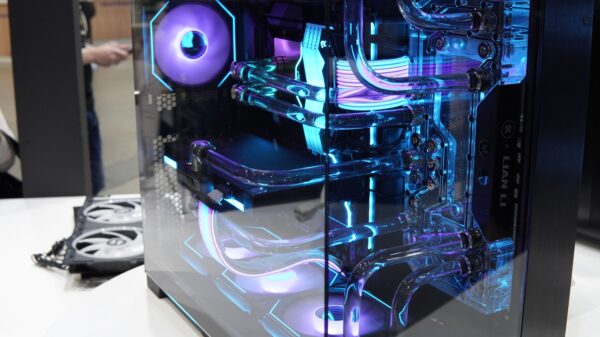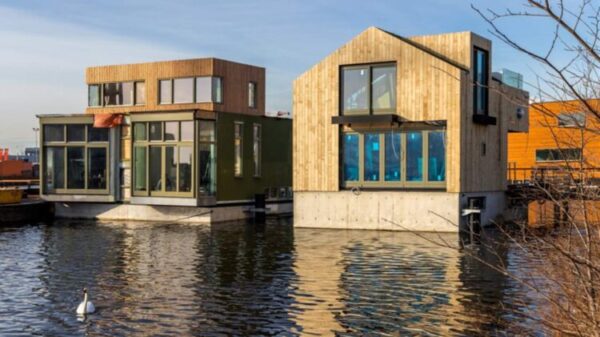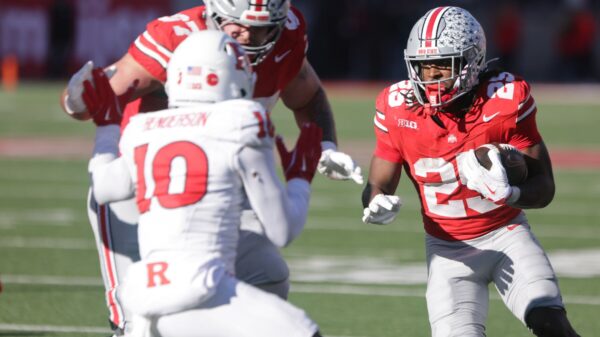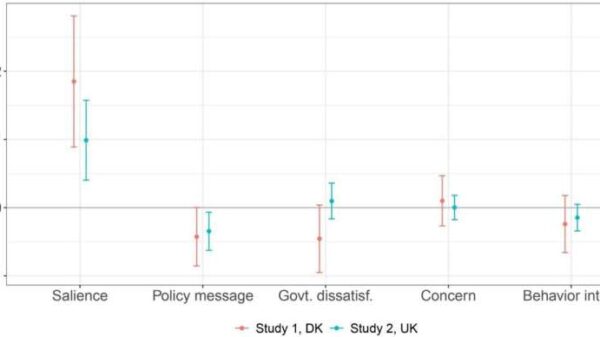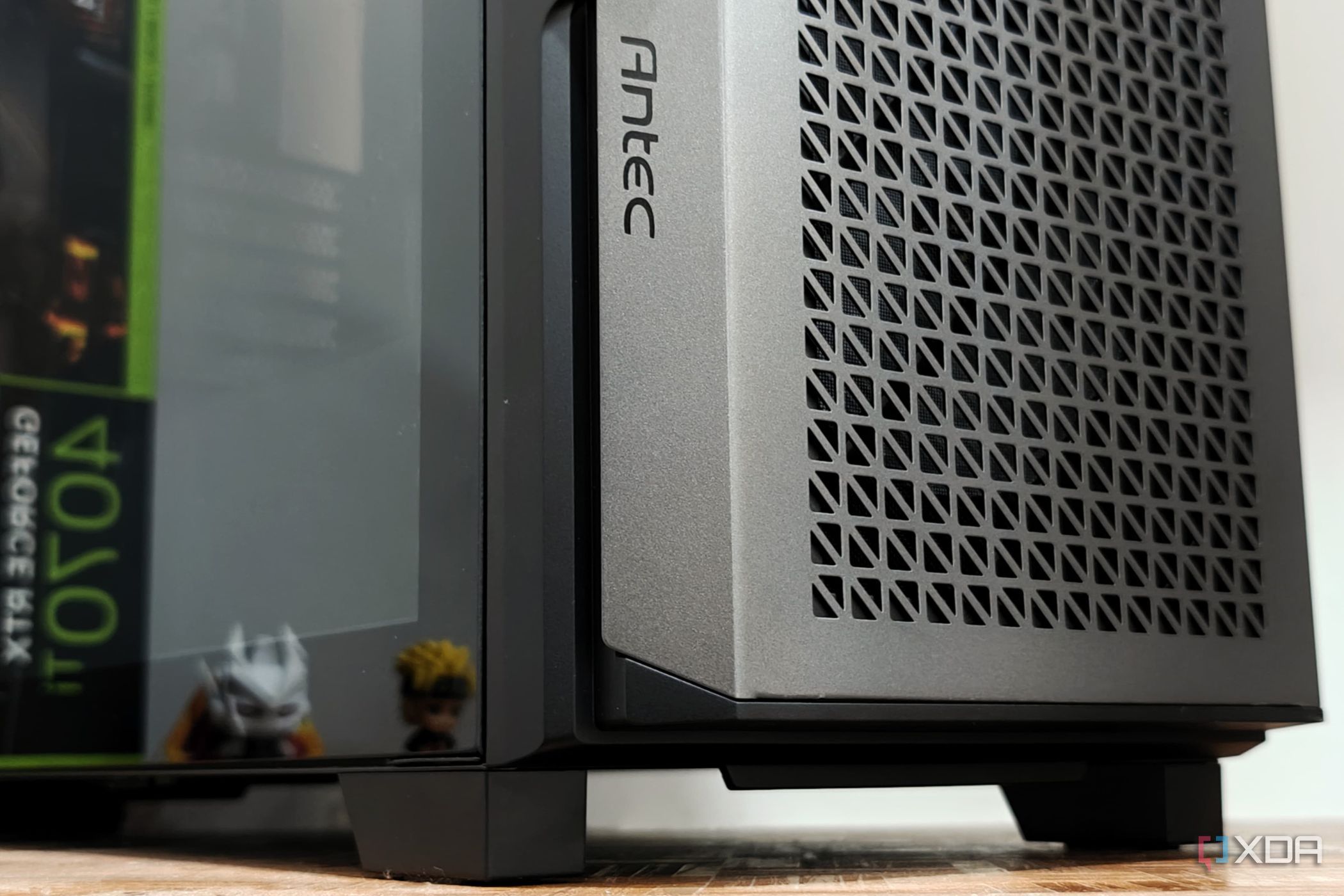UPDATE: New findings reveal that inadequate airflow in PC cases is significantly impairing performance, particularly for gamers and high-performance users. Experts are urging immediate attention to airflow design, as many enthusiasts invest heavily in cooling hardware without addressing critical airflow issues.
Improper case airflow can lead to elevated temperatures for key components like the CPU and GPU. Even high-end systems equipped with advanced AIO coolers and premium fans may struggle if the case design obstructs airflow. This revelation is crucial for anyone looking to optimize their gaming or computing experience.
Developing insights show that aesthetic-focused cases, often featuring solid front panels and tempered glass, can increase internal temperatures by as much as 5-7°C. While these cases may look sleek, they often compromise airflow, leading to underperforming components. Gamers, take note: your performance may be suffering due to design choices that prioritize looks over functionality.
Experts highlight three major signs that your case’s airflow might be detrimental:
1. **Aesthetic Over Functionality**: Many modern cases sacrifice airflow for visual appeal. Solid front panels hinder fresh air intake, resulting in insufficient cooling for critical components. Opting for a case with a mesh front can significantly enhance airflow and lower temperatures, contributing to quieter operation.
2. **Negative Air Pressure**: A common misconception is that having more exhaust fans will cool a PC more effectively. However, adding exhaust fans without balancing them with sufficient intake creates negative air pressure. This forces the case to draw air through unfiltered gaps, raising internal temperatures and increasing dust accumulation. Proper balance is crucial for maintaining optimal airflow.
3. **Incompatible Fan Types**: Understanding the difference between airflow and static pressure fans is vital. Airflow fans excel in unrestricted areas, while static pressure fans are better suited for tight spaces like radiators and dust filters. Misplacing these fans can severely affect cooling efficiency, making even the best hardware struggle to maintain optimal temperatures.
As powerful components become increasingly common, ensuring proper airflow should be a top priority for PC builders. It doesn’t matter how advanced your cooling system is if the case design restricts airflow. Experts emphasize the importance of planning airflow during the build process, suggesting that users invest in cases specifically designed for optimal ventilation.
Immediate Action Required: If you’re currently experiencing higher-than-normal temperatures or poor performance, it’s crucial to assess your case design and fan placement. Make adjustments as necessary to improve airflow and protect your investment.
As PC gaming continues to evolve, understanding the impact of case design on performance is more important than ever. Don’t let your expensive components underperform due to overlooked airflow issues. Share this information with fellow gamers and PC builders to help them optimize their systems for the best possible performance.





